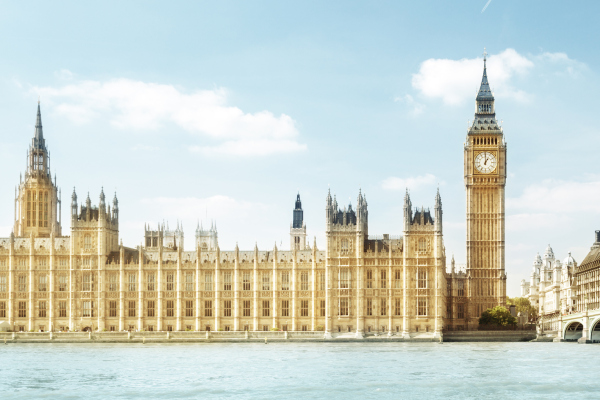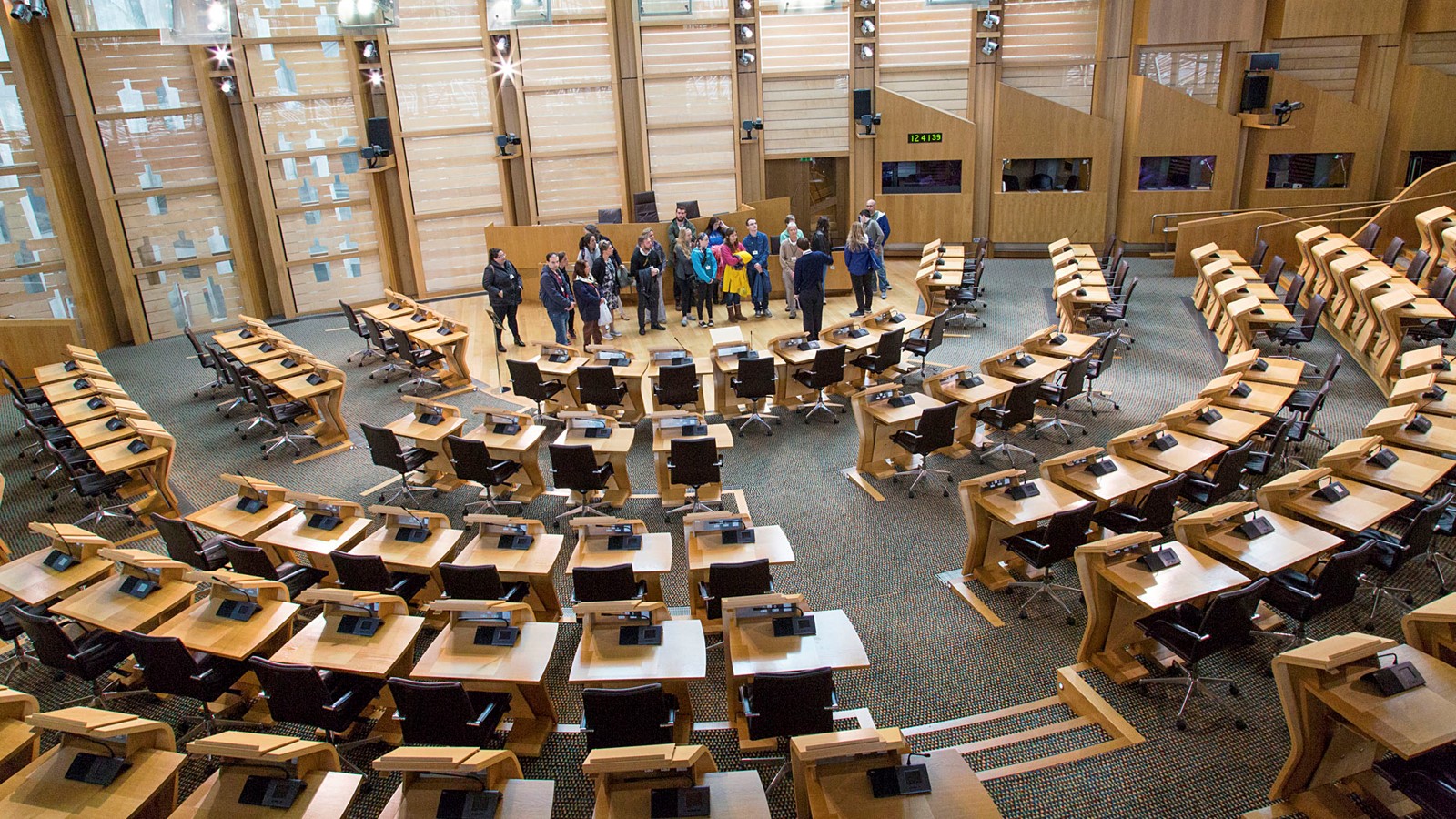We’re delighted counsellors and psychotherapists have been recognised as a core part of the mental health workforce in Scotland.
It was one of our central asks during the consultation on the long-awaited refresh of Scotland’s Ten-Year Mental Health and Wellbeing Strategy.
Published by the Scottish Government and COSLA, the strategy aims to set out a vision of “a Scotland free from stigma and inequality, where everyone fulfils their right to achieve the best mental health and wellbeing possible”.
It provides clear acknowledgment that mental health policy and treatment is better informed and shaped by staff practitioners with experience of developing and delivering services, as well as those with lived experience.
We were pleased to be part of the consultation and were grateful to members and organisations that provided comments to inform our response, and submitted their own responses too.
Counsellors and psychotherapists
Steve Mulligan, our Four Nations Lead, said the most pleasing aspect of the strategy was that it delivers our central ask for full recognition of counsellors and psychotherapists as a core part of the mental health workforce in Scotland. This includes those working in statutory services and within third sector mental health support.
Counselling and psychotherapy is also present in a number of important commitments, including the ongoing delivery of counselling in schools, support for perinatal mental health, and the proposal for a new women and girls’ counselling service.
Many of our additional comments are reflected in the strategy, including our call for a stronger focus on prevention and early intervention, the need for a more person-centred approach, and for increased community-based support and services underpinned by increased and longer-term funding for mental health and wellbeing services, including for the third sector.
The strategy includes a priority commitment to reduce waiting times and improve outcomes for people accessing services, including psychological therapies and Child and Adolescent Mental Health Services (CAMHS), which are highlighted as early priorities for investment.
While there is much to welcome, we’re disappointed with the lack of detail on resources, delivery targets and timings. Without this, it's hard to see how the strategy will address the growing need for accessible mental health support in Scotland.
The Scottish Government has committed to developing a delivery plan and a workforce action plan which we hope will set out the detail of how these commitments will be taken forward.
We’d like both these plans to provide an expanded role for the counselling and psychotherapy workforce to reflect the aims of the strategy.
Mental health workforce
Steve said: “We welcome the clear recognition of core role that our members play within Scotland’s mental health workforce. Having the right workforce in place will be fundamental to achieving the strategy’s important ambitions.
“We would like to see the skill and commitment of the counselling and psychotherapy profession better used to help fill gaps in mental health provision and ensure that people across Scotland get the help they need, when they need it. We hope this commitment is clearly reflected within the Workforce Action Plan which will follow the strategy.
“We want to work with Scottish Government on the development of these important delivery plans and we will continue to engage and update our members in Scotland on this critical work.”

Four nations
Promoting the value of counselling with key decision makers across the parliaments and assemblies of the UK

Influencing decision makers
We work with with politicians and decision makers from all four nations to help them understand the positive changes that counselling can make to people's lives.

Advancing the profession
How we work to promote counselling and psychotherapy
